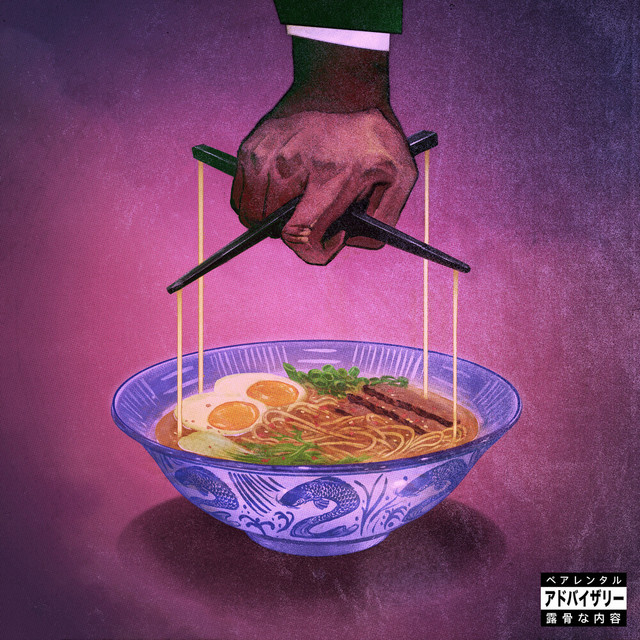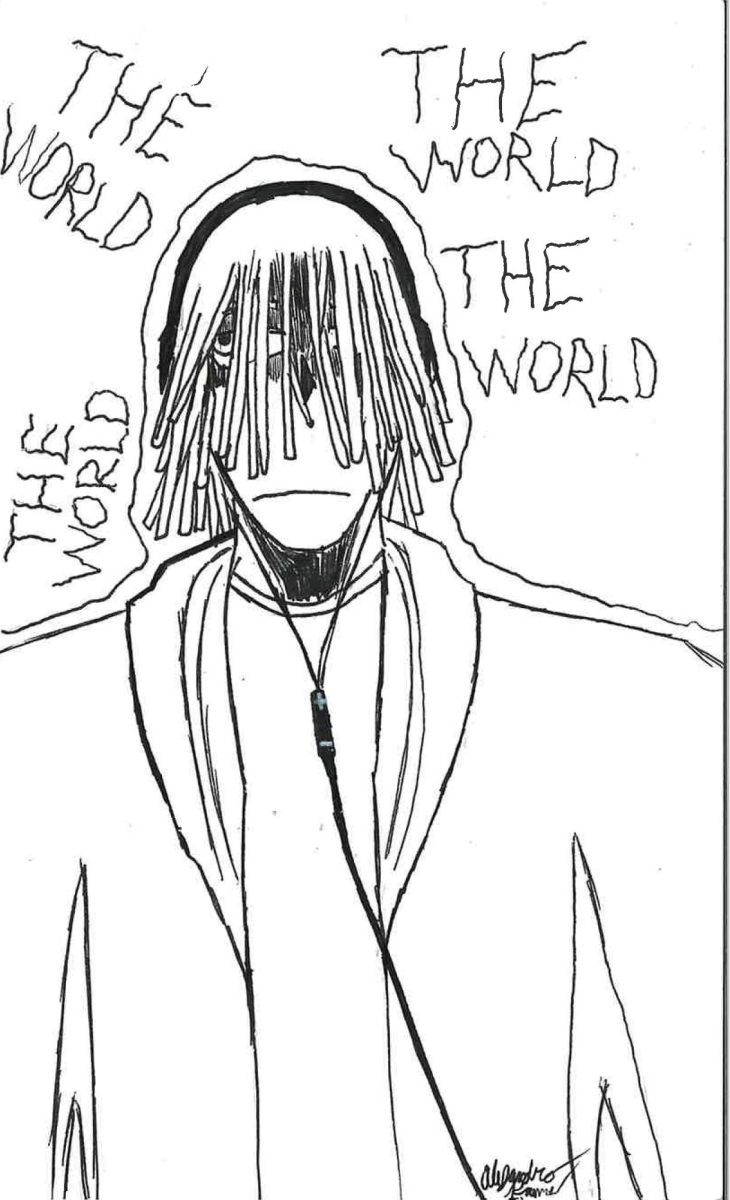Gritty. Vocally invigorating. Brash. There are so many words that can describe the gravelly yet powerful language of Freddie Gibbs.
Born in Gary, Indiana, the musician establishes his lyrical foundation on criminalistic actions, enticing ventures involving certain substances that may not be suitable for this newspaper, and more personal stories that showcase his authentic and relatable appeal.
For his first entry of “Alfredo,” Gibbs brings it all. He weaves his always-equipped criminal endeavors, along with mafioso-like anecdotes and stories, featuring notable hip-hop pioneers who share a gritty tone while embracing their own individual areas, such as Rick Ross, Benny the Butcher, Tyler, the Creator and Conway the Machine.
But what is elegant and meaningful lyricism without its producer? Gibbs can navigate his introspective tales of delinquency through the prolific and compounded production of his long-time ally, The Alchemist.
Alchemist, producer and DJ from Beverly Hills, has a resume only a few can account for. Working with Boldy James, Erykah Badu, Earl Sweatshirt and Larry June, The Alchemist has already cemented himself as one of the most masterful artists of the game, regardless of collaboration.
Alfredo 2 returns with only two features, Anderson Paak and JID. This could be interpreted as a testament to the sole domination of Gibbs and Alchemist’s partnership.
Their niche combination of grit and fluidity has been notable since their first track, Scottie Pippens on “Covert Coup” (2011), a duo album with NOLA native Curren$y, also featuring Prodigy, Fiend, and Smoke DZA.
When you take a look at the cover of the “Alfredo” album, it depicts a pair of puppeteer strings holding a plate of Alfredo pasta, reminiscent of “The Godfather,” but with the dish symbolizing the combined and complete dish of Gibbs’ lyricism and Alchemist’s atmospheric, heavy, distinctive, and nostalgic production.
Gibbs becomes emotionally vulnerable with his downs, expressively detailing the lows he’s overcome and prevailed over to attain his superstardom. Beginning with the very first song of the 14-track album, we head into “1995”, the sequel to “Alfredo’s” 1985. Alchemist thrills us with grinding guitar riffing, and Gibbs takes us through his journey: “I was in the cell, making up a set list for my next show, for my next lick, I was suicidal with a death wish.”
Gibbs also diminishes other rappers’ confidence and their unclassic discography in “Skinny Suge II”, another continuation of “Alfredo’s” “Skinny Suge”, “Nothing in your catalogue classic, you shaqtin’ like Thanasis.”
Implementing his always embedded crime lifestyle, Gibbs enters into a new flame of vengeful acts with “Mar-A-Lago”, rapping about recklessly desecrating enemies’ caskets, not giving any grace or verbal bits of forgiveness to them, combined with taking out those whom he despises.
At the end of the song, we hear Melvin from “Baby Boy” sampled with his dialogue threatening Jody, warning him about his juvenile past, and not being afraid to go back.
This is adjacent to the mindset of Gibbs, aiming at a lot of rappers he’s feuding with, or any rapper who dares to try.
Melancholic tracks like “Lemon Pepper Steppers”, “Lavish Habits”, and “Shangri-La” all speak to the smooth variety of the Alchemist.
One thing to consider and one thing to understand that is prevalent in most of the tracks of “Alfredo 2” is the tug-of-war between Gibbs and his passion for hip-hop.
On “Gas Station Sushi”, Gibbs raps, “Hungry like I never rapped before, but after this, I might not rap no more.”
According to Complex Magazine, during a conversation with University of California-Berkeley students, Gibbs is regretful of his street life and how he believes his once criminalistic rap life doesn’t sit well with his family life. “Every day I think about that. I wish I had a rap career….that was not gangsta.”
Gibbs is hesitant about continuing his passion. His lyrics serve an on-the-fence view of rap and family manning. But for “Alfredo 2”, with the Alchemist’s endless arsenal of production and Gibbs’ endless tales of trials and tribulation, all we can do is appreciate what is left for us and appreciate the work of hip-hop’s most prolific duo.








Annelise Latham • Sep 12, 2025 at 7:13 pm
This is wonderfully written – keep it up!